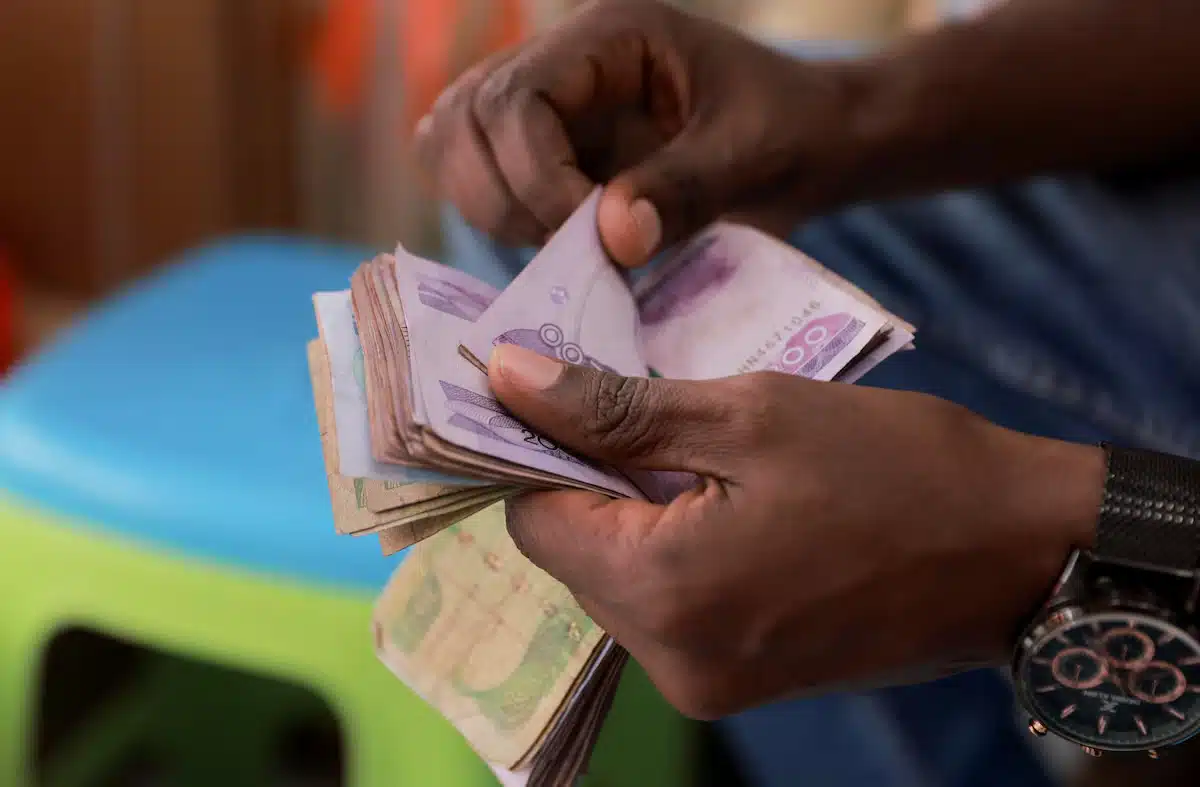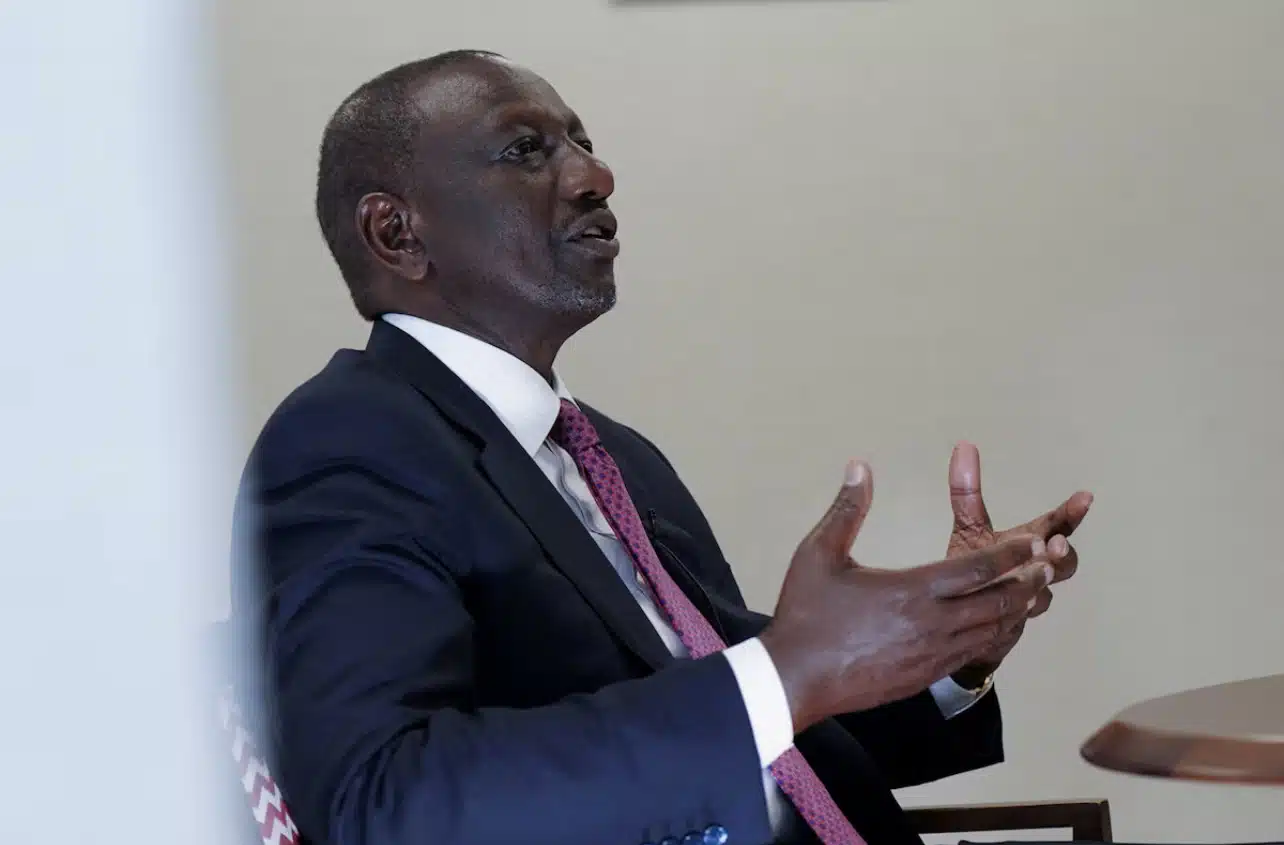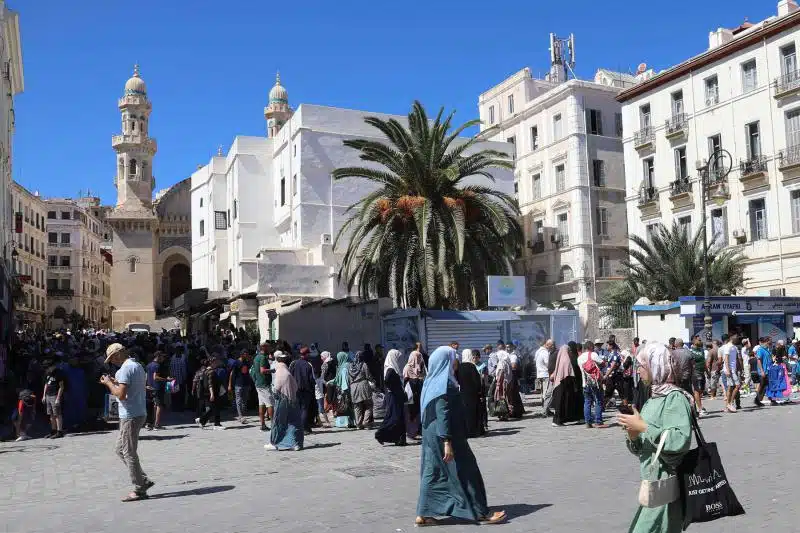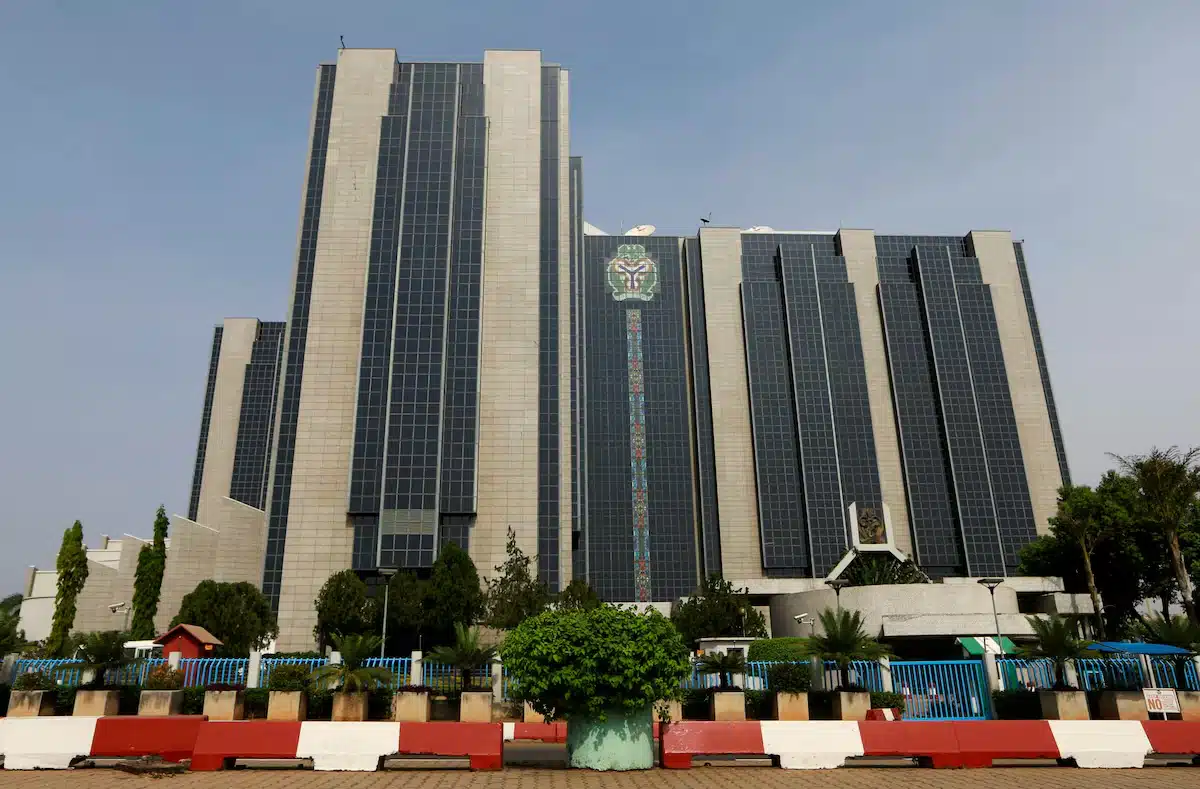Egypt has implemented new tax increases on alcohol, tobacco and crude oil as it looks to boost government revenue and meet conditions tied to its $8 billion loan deal with the International Monetary Fund (IMF).
The changes, which were published in the government’s Official Gazette on Thursday, follow approval by the House of Representatives on June 29.
With the gazette notice, the revised value-added tax (VAT) laws have now officially become law.
Under the new structure, alcoholic beverages will face tiered price increases based on alcohol content, along with an across-the-board 15% VAT hike annually for the next three years.
After that, the increase will fall back to 12%.
Depending on the type and whether they are produced locally or imported, cigarettes will rise by 10 to 16 cents (5 to 8 Egyptian pounds) per pack following a 12% annual increase for the next three years.
Both amendments will take effect from November.
Crude oil has been brought under the VAT net with a new 10% flat tax, though refined petroleum products remain exempt to prevent a direct impact on domestic fuel prices.
The amendments aim to broaden the tax base without raising the general VAT rate of 14%, as authorities seek to strengthen fiscal buffers and meet IMF performance benchmarks.
The IMF, which expanded Egypt’s original loan package last year, has made it clear that raising more revenue is a key priority.
Earlier this month, the Fund said it would combine Egypt’s fifth and sixth loan reviews under the $8 billion programme and assess them together before November, giving authorities more time to meet major targets, including the privatisation of state-owned assets.
Finance Minister Ahmed Kouchouk said on Wednesday that the country was confident it would meet its reform targets in time.
“Both sides are working on the expectation that this should be happening in September, October,” Kouchouk told reporters in London.
“The IMF is after certain targets, and that’s what’s important.”
Completion of the review would unlock a further $1.3 billion disbursement, which Egypt had initially expected to receive in July.
Egypt began a new wave of economic reforms in March 2024, including a steep devaluation of its currency by around 40%.
It has also slashed subsidies on fuel, electricity and other items to ease pressure on public finances.
The VAT changes were a key consideration at the Central Bank of Egypt’s most recent Monetary Policy Committee meeting.
The bank opted to hold its benchmark interest rate at 25%, citing the need to assess the inflationary impact of the tax adjustments.
Inflation, which reached a record high of 38% in September 2023, has eased significantly in recent months.
In June, headline inflation fell to 14.9% from 16.8% in May, ending a three-month upward trend and possibly opening the door for rate cuts in the coming months.
NB: The monetary figures were converted to United States cents using the exchange rate 49.4 EGP/$1 as of July 17, 2025.











